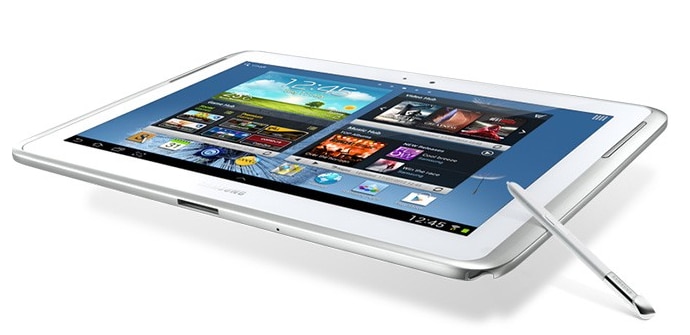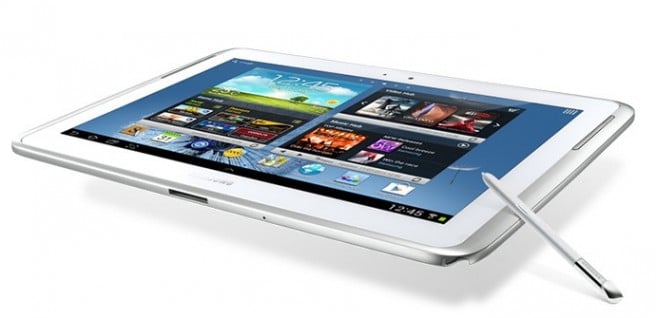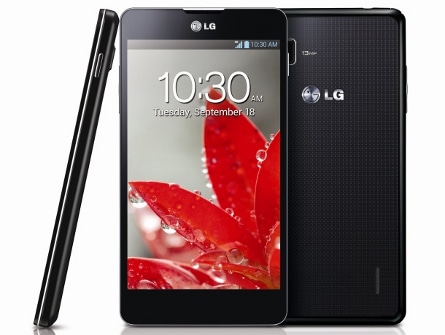
Fragmentation of Android As an operating system it has its negative side, but also very positive aspects that are manifested, above all, in the freedom of manufacturers to experiment with the code and offer users excellent innovations starting from a previous basis. Maybe Samsung y LG they are at the forefront in exploiting these possibilities. We analyze some points in which both brands have managed to bring the system to excellence Android, and of those who Google could learn for future versions.
Although the pure version of Android we love it and, in addition, in the case of Nexus, facilitates having our system always updated, the option of manufacturers to offer exclusive features to their users means that many times we enjoy very useful functionalities in our equipment of a specific brand that we cannot take advantage of in the Nexus.

Samsung is a clear example of optimization and although its versions of Android They also have objectionable things (there are many own applications that almost no user uses), they also show very interesting samples of innovation. Without going any further, the Koreans have developed a virtue of the system Android that usually remains in the background, until now, in the different versions that Google He has launched. And it is that the devices of Samsung they take advantage of multitasking like those of no other manufacturer, thanks mainly to the split screen of their range Galaxy. The optimization of the pen or the control by means of gestures that this firm has developed are other clear examples of good integration between user and machine that Google could incorporate in your Nexus to improve the experience.

LG, as they point out in the Android Free (Via AppStorm), it also offers notable points such as the possibility of maximizing the personalization of your equipment by offering different default themes to user. In addition, it allows you to connect with other gadgets in a much less cumbersome way, being able, on the one hand, to authorize devices for information exchange through Bluetooth or load the terminal from the computer without any data transfer option popping up by default, something that we must activate in case we are going to make use of this function. LG It also has some other interesting application such as Quickmemo that offers the possibility of writing directly on the screen of our terminal to make annotations without having to make a previous "screenshot".
These are some of the keys that perhaps Google could learn for future versions. Feedback between systems may be the key to evolution and if LG y Samsung they take advantage Android for their grow as brands, why not go Android to do the same and take advantage of the innovations of its allies?
Undoubtedly the modifications that these two companies have made to android have been useful for most users.
The truth, the things that are discussed seem trifles when we are talking about the development of an Android OS, this is very good but it has to continue improving. It is still a young platform.
Luck 😉
All are in a certain way fantastic, if we take into account that they have evolved a lot in the last decade, however if you cannot use your device in any continent it loses its grace, since there is no attractiveness to buy a device in South America and try to use it in Canada or Japan, then the magic is lost and quite a bit.